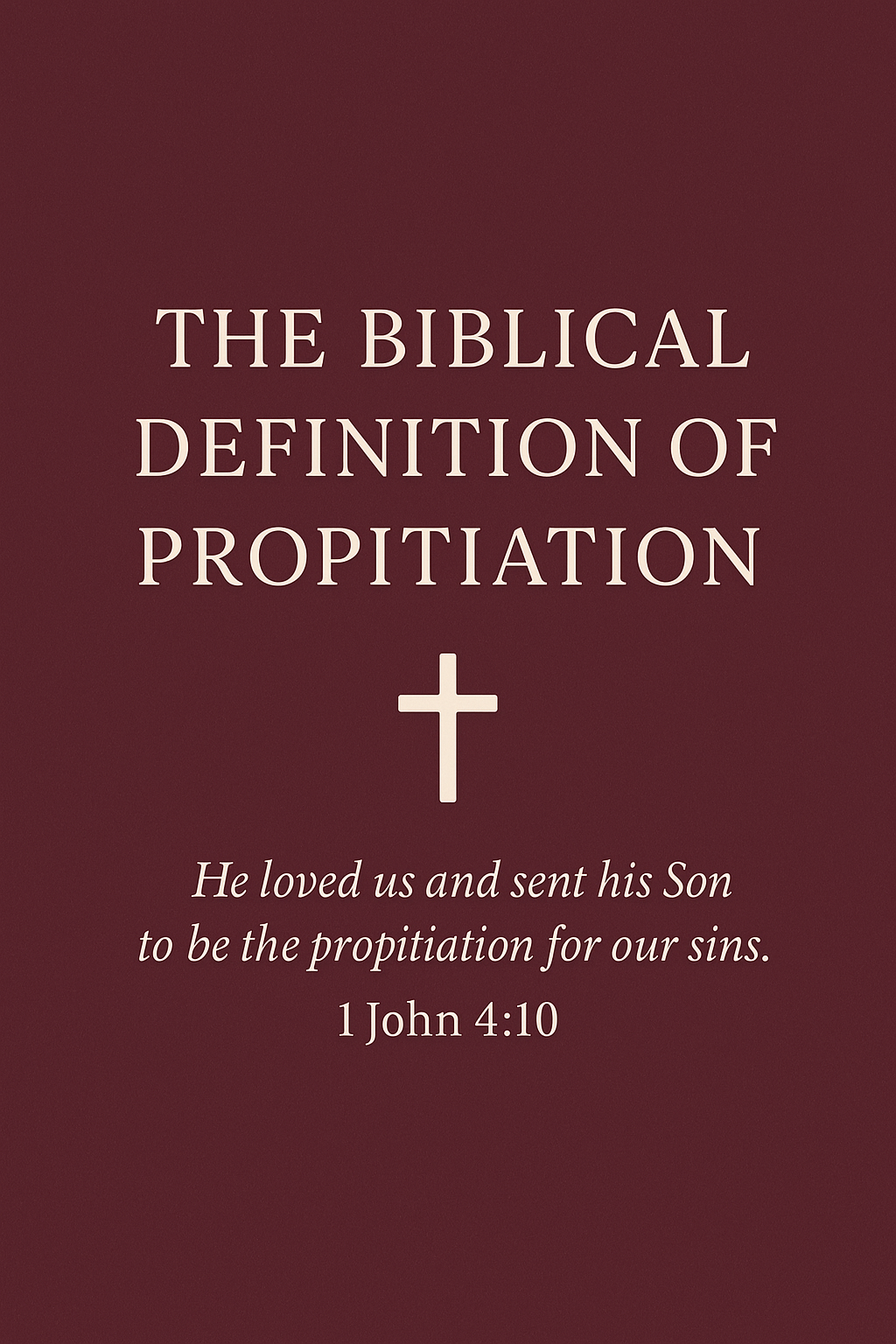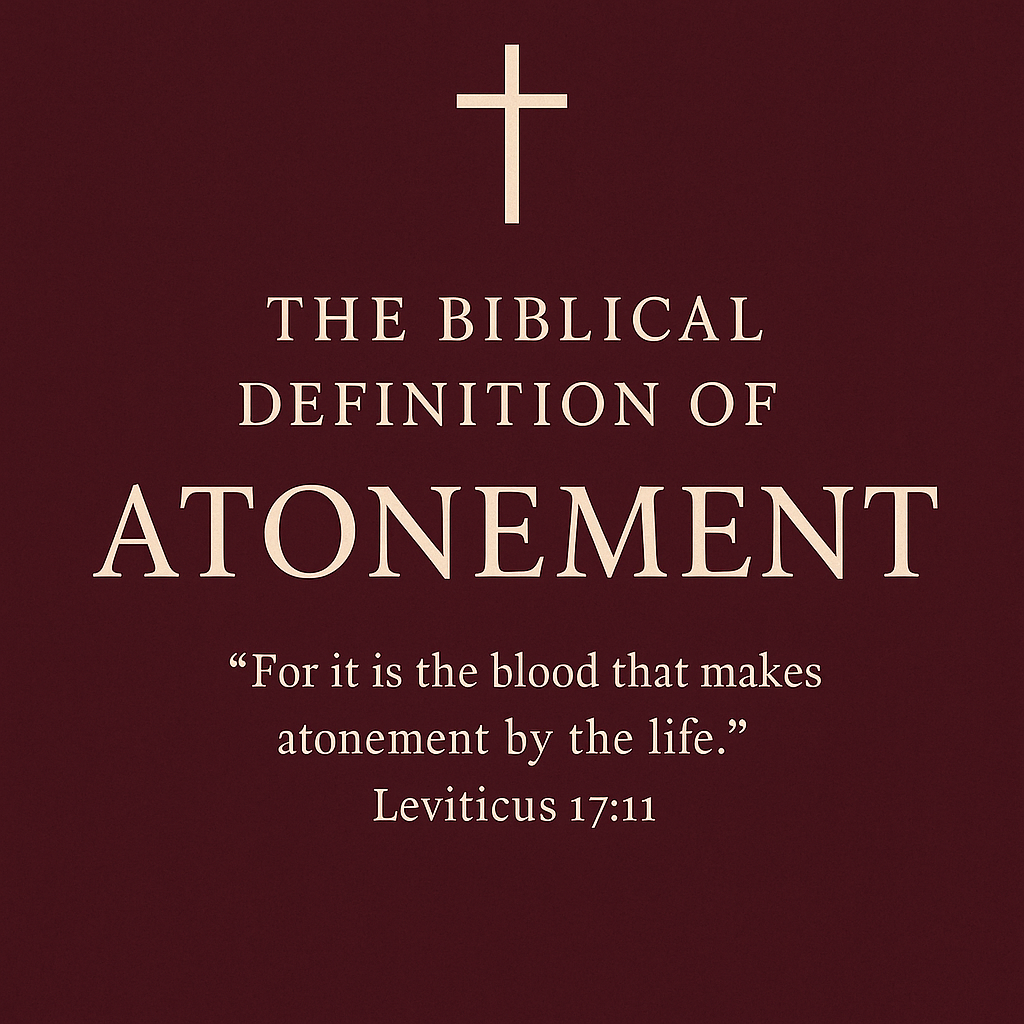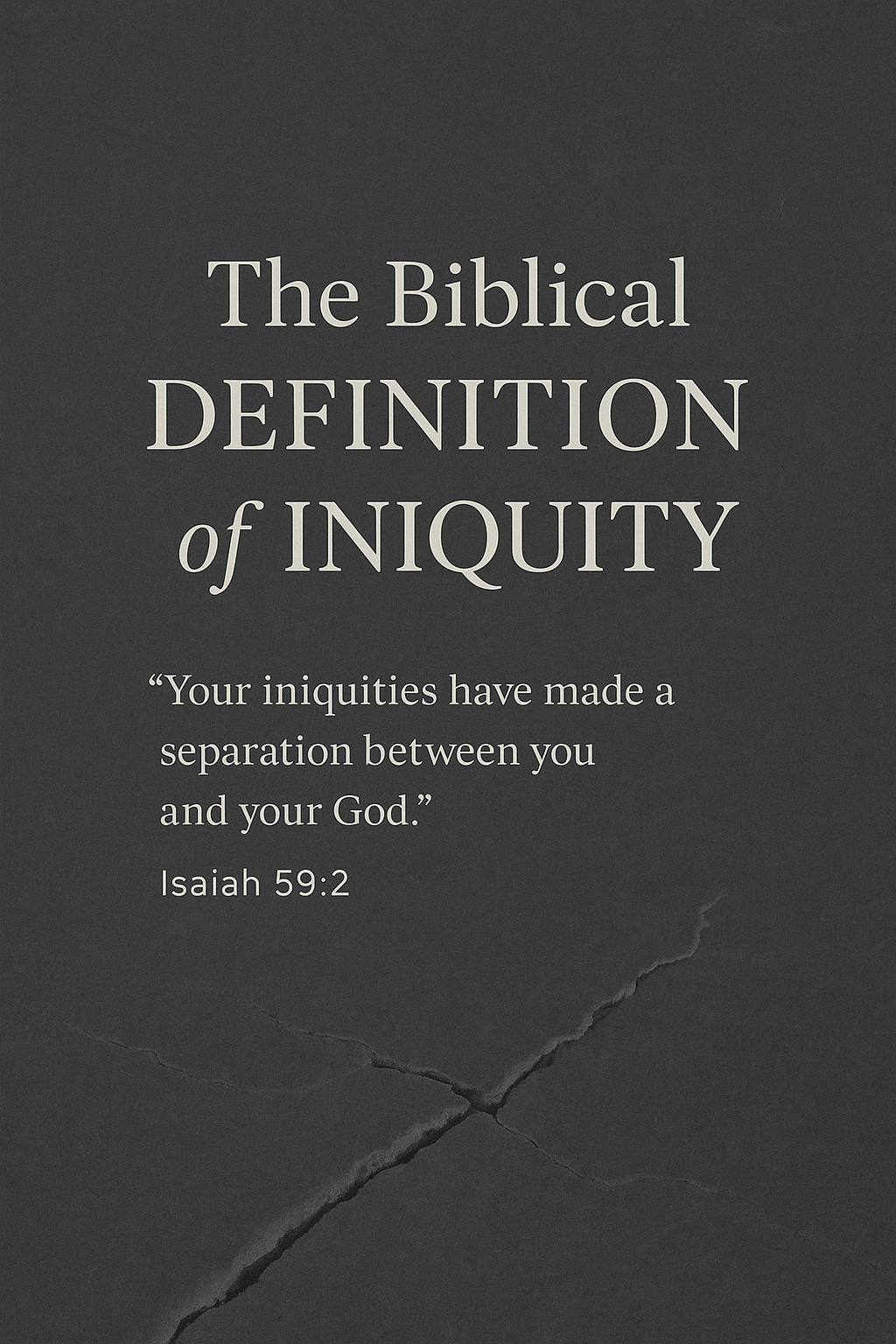Biblical Definition of Church: What Does the Bible Say?
The biblical definition of church is foundational for every Christian seeking to understand what it means to belong to the body of Christ. While many today think of the church as a building or a denomination, the Bible paints a much richer and deeper picture—one that centers on people, purpose, and the presence of God.
The Meaning of "Church" in the Bible
The word "church" in the New Testament is translated from the Greek word ekklesia, meaning "assembly" or "called-out ones." This term never referred to a physical building but always to a group of people set apart for God’s purposes139. In Matthew 16:18, Jesus says, "I will build my church, and the gates of Hades will not overcome it," making clear that the church is His creation and possession1.
Ekklesia: More Than a Gathering
The ekklesia is not just any group of Christians meeting together but a distinct assembly of believers who are committed to Christ and to one another. In the early church, this was evident as believers met in homes, shared life, and recognized a clear sense of belonging and accountability (Acts 2:42-47; Romans 16:5)139.
The Church as the Body of Christ
A central biblical image for the church is the body of Christ. Paul writes in 1 Corinthians 12:27, "Now you are the body of Christ, and each one of you is a part of it." This metaphor emphasizes the unity and diversity within the church—each member has a unique role, but all are essential for the health and mission of the whole135.
Christ is the head: Ephesians 1:22-23 describes Christ as the head of the church, guiding and sustaining it.
Members are interconnected: Romans 12:4-5 and 1 Corinthians 12:13 highlight that all believers are baptized by one Spirit into one body, regardless of background.
Universal and Local Church
The Bible distinguishes between the universal church—all believers in Christ across time and space—and the local church, which refers to specific gatherings of believers in particular places357.
Universal Church: Includes all who have placed their faith in Jesus Christ (1 Corinthians 12:13; Ephesians 4:4-6).
Local Church: Refers to congregations like "the churches in Galatia" (Galatians 1:1-2) or "the church that meets in their house" (Romans 16:5).
Membership in the universal church is determined by genuine faith in Christ, while the local church is where believers live out their faith in community, worship, discipleship, and service39.
The Foundation and Purpose of the Church
Founded on Christ
The church’s foundation is Jesus Christ Himself. Ephesians 2:20 calls Him the "chief cornerstone," and everything the church is and does must be built on Him27. The early church was marked by devotion to the apostles’ teaching, fellowship, breaking of bread, and prayer (Acts 2:42).
The Great Commandment and the Great Commission
The church’s mission is rooted in two key biblical mandates27:
The Great Commandment: Love God and love others (Matthew 22:37-40).
The Great Commission: Make disciples of all nations, baptizing and teaching them to obey Christ (Matthew 28:18-20).
These commands shape the church’s worship, ministry, evangelism, fellowship, and discipleship27.
The Church as God’s New Covenant People
The church is described as the new covenant people of God, rooted in the promises made to Israel but inaugurated by the Holy Spirit at Pentecost (Acts 2)7. The church fulfills God’s promise to bless the world through Abraham’s offspring (Genesis 12:3; Galatians 3:29).
Indwelt by the Holy Spirit: Every believer is given the Holy Spirit as a sign of belonging to Christ (Romans 8:9; 1 Corinthians 12:13).
A holy and distinct community: The church is called to be holy, set apart for God’s purposes (1 Peter 2:9-10).
What the Church Is Not
Not a building: The New Testament never equates the church with a physical structure39.
Not a denomination: Denominations are human distinctions; the biblical church transcends these divides3.
Not just any gathering: The church is a committed assembly of believers who know and care for one another, not just a random group of Christians9.
The Church’s Essential Practices
The early church modeled several core practices that remain essential today:
Worship: Gathering to praise God and hear His Word (Acts 2:42-47).
Fellowship: Sharing life, supporting one another, and building authentic relationships (Acts 2:44-45).
Discipleship: Teaching and encouraging one another to grow in faith (Matthew 28:20).
Prayer: Seeking God together for guidance, strength, and mission (Acts 1:14; 2:42).
Evangelism: Proclaiming the gospel and inviting others into the family of God (Acts 1:8; Romans 10:14-15).
Service: Meeting practical needs within and beyond the church (Acts 6:1-7; Galatians 6:10).
The Church’s Identity and Mission
The church is called to reflect Christ to the world, both in character and in action7. It is:
A family: Bearing one another’s burdens and caring for each other (Galatians 6:2).
A temple: God’s dwelling place by His Spirit (Ephesians 2:21-22; 1 Corinthians 3:16-17).
A priesthood: Every believer has direct access to God and is called to serve (1 Peter 2:5, 9).
A witness: Sent into the world to make disciples and proclaim God’s kingdom (Matthew 28:18-20; Acts 1:8).
Challenges and Opportunities
Throughout history, the church has faced challenges—persecution, division, cultural shifts—but its foundation in Christ remains unshakable27. The biblical definition of church calls believers to:
Stay rooted in Christ and Scripture
Pursue unity and love
Engage in mission and service
Embrace diversity within the body
Conclusion: Living as the Biblical Church
The biblical definition of church is not about buildings, programs, or denominations, but about a people called by God, united in Christ, empowered by the Spirit, and sent into the world. The church is the living, breathing body of Christ—His hands and feet on earth—called to love, serve, and proclaim the good news until He returns.




















